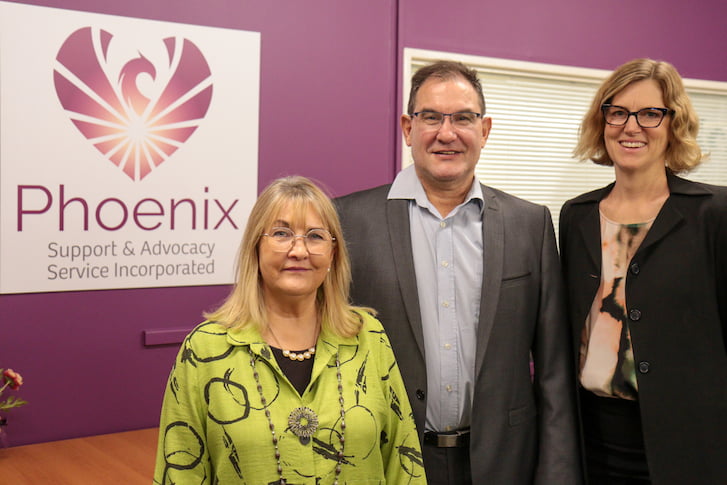Government and Industry Grants (GIGs) are part of the funding options available for your business. RSM Australia Principal Steve Elias explains how they work and if they're worthwhile.

Government and Industry Grants (GIGs) are available throughout the year via Federal, State and Local Government programs along with funding announcements by other private and industry organisations such as universities or research bodies like the CSIRO.
Generally, these organisations provide GIGs funding assistance to business and industry in recognition of government strategy and pillars, market failures, information gaps, barriers to market entry and export opportunities. But how do you know which GIG is right for your business or whether it is worthy for your business?
GIGs provide a funding mechanism and incentive to promote behaviours with external benefits, such as those generated by undertaking research and development (R&D) and commercialisation, to contribute to the broader economic development objectives such as job creation, investment attraction and skills development.
Government policy
GIGs are widely used to achieve government policy objectives, involving the payment of billions of dollars each year to the non-government sector. GIGs are provided to a wide number of stakeholders for the ultimate benefit of all Australians. GIGs benefit the public through increased social services, expanded opportunities for businesses, emergency relief and research and innovation.
Depending on the Government’s industry target market at any particular point in time, GIG applications could be eligible for varying business structures (including individuals, partnerships, companies or trusts) that have projects and activities which satisfy both the eligibility and merit-based criteria of that particular GIG program.
It is important to think about GIGs from the Government/Industry perspective, in order to understand their interests, motivations and to maximise the chance for success.
Other Resources

Are grants the answer?
Businesses and individuals can often view GIGs as ‘easy money’ to support their business or interests, particularly in the SME or start-up scene.
However, the Government’s role or focus is not in the pursuit of propping up a business or individual. Government has the broad agenda of seeking to promote economic, social and environmental wellbeing on behalf of its constituents (the public), industry and the community at large.
It is important to accept that Government does not provide taxpayer-supported grants funding unless there is likely to be significant public benefit.
As a consequence of the economic devastation caused by the COVID-19 pandemic throughout 2020 and 2021, various Federal and State Government economic stimulus measures were implemented to hasten the injection of direct funding into industry to encourage investment flow, the re-emergence of specific industries that were severely impacted and to propagate new initiatives and innovations.
Particularly for small businesses and organisations, the path to survival and prosperity is critically predicated upon the accessibility of funding (amongst other things). As most small businesses commence with minimal capital, there is always the natural insatiable desire to achieve financial sustainability quickly. While this is a fundamental element for ‘survival’, are GIGs the answer to that journey?
Well, the answer is: it depends.
Co-contributions
GIGs are an important mechanism of funding support, but they should be pursued as one of many options in the mix of funding avenues. Many GIGs have a financial leveraging component.
That is, there is a co-contribution requirement whereby, for example, the GIG fund provides a dollar for every dollar that the applicant invests in the project being pursued.
Unfortunately, very few SMEs or start-ups will have the requisite financial clout for co-contribution. While the R&D Tax Incentive is an eligibility-based self-assessment program, GIGs generally have both eligibility and merit criteria to satisfy. While an applicant may navigate through the eligibility criteria in its GIG application, merit assessment will be conducted by the GIG program administrator across all applicants.

While there is no guarantee that a GIG application will be successful, and it may seem to be a difficult proposition for SMEs or start-ups, there are still a raft of GIG opportunities accessible throughout the year. Where financial co-contribution is not possible, there may be an option for ‘in-kind’ contributions (a good or service other than money). Ultimately, GIGs are and should be an important piece of the funding puzzle for SMEs and start-ups. Strong consideration should be given in keeping a keen eye on the opportunities as they are released.
If an SME or start-up can successfully win a GIG, it is a positive avenue in the quest for financial assistance and growth of the company’s business objectives.
To learn more about which grants would be suitable for your business, contact your local RSM R&D Tax and Government Incentives specialist.






